
You're doing it all wrong. Here’s the right way to store herbs
You’re Doing It All Wrong: Here’s the Right Way to Store Herbs
Fresh herbs bring vibrant flavor, aroma, and color to any dish—but only if they’re stored correctly. Many home cooks unknowingly shorten the lifespan of their herbs by using improper storage methods, leading to wilted leaves, lost nutrients, and wasted money. This guide will help you rethink how you store herbs and offer expert-backed tips to keep them fresh longer.
🌿 Why Proper Herb Storage Matters
Herbs are delicate plants rich in essential oils that give them their flavor and health benefits. When stored improperly, these oils degrade, and the herbs lose their potency. Proper storage not only preserves freshness but also retains nutritional value and culinary impact.
🧊 Common Mistakes That Ruin Fresh Herbs
-
Tossing herbs onto a fridge shelf: The dry air and temperature fluctuations cause herbs to wilt quickly.
-
Using airtight containers: These trap moisture and promote mold growth.
-
Mixing herb types: Moisture-loving herbs and dry-tolerant herbs have different needs and should be stored separately.
✅ The Right Way to Store Herbs
1. Tender Herbs (e.g., basil, cilantro, parsley, mint)
-
Trim the stems and place them in a jar with an inch of water.
-
Cover loosely with a plastic bag to create a humid environment.
-
Refrigerate—except for basil, which prefers room temperature.
-
Change the water every 2–3 days to prevent bacterial growth.
This method mimics how florists keep flowers fresh and can extend herb life up to 2 weeks.
2. Woody Herbs (e.g., rosemary, thyme, oregano, sage)
-
Wrap in a damp paper towel and place in a resealable bag or container.
-
Store in the crisper drawer of your fridge.
-
Avoid airtight seals—leave a small gap for airflow.
These herbs can stay fresh for up to 3 weeks with this method.
🌱 Bonus Tips for Longer Freshness
-
Keep stems intact: They help transport moisture to the leaves.
-
Store herbs with roots: If purchased with roots, keep them in water like live plants.
-
Separate herb types: Don’t mix tender and woody herbs—they have different moisture needs.
❄️ Freezing Herbs for Long-Term Use
-
Chop herbs and place them in ice cube trays.
-
Add olive oil or water, then freeze.
-
Transfer cubes to a freezer bag for easy use in soups, sauces, and sautés.
Freezing preserves flavor and aroma better than drying for most herbs.
🌬️ Drying Herbs the Right Way
-
Air-dry by hanging bunches upside down in a warm, dry place.
-
Use a dehydrator for faster results.
-
Store dried herbs in airtight containers away from light and heat.
Dried herbs can last up to a year and are great for seasoning blends.
🧪 Viral Hacks: What Works and What Doesn’t
-
Works: Freezing herbs in olive oil cubes, storing with roots, using damp paper towels.
-
Doesn’t work well: Airtight containers, storing basil in the fridge, mixing herb types.
Always test hacks before adopting them into your routine.
🧠 Final Thoughts: Store Smarter, Waste Less
Storing herbs properly isn’t just about keeping them green—it’s about preserving their flavor, nutrition, and value. By understanding the needs of different herb types and using the right techniques, you’ll enjoy fresher ingredients and reduce waste in your kitchen.
News in the same category


Why Sleeping in Socks Might Be the Secret to Better Sleep
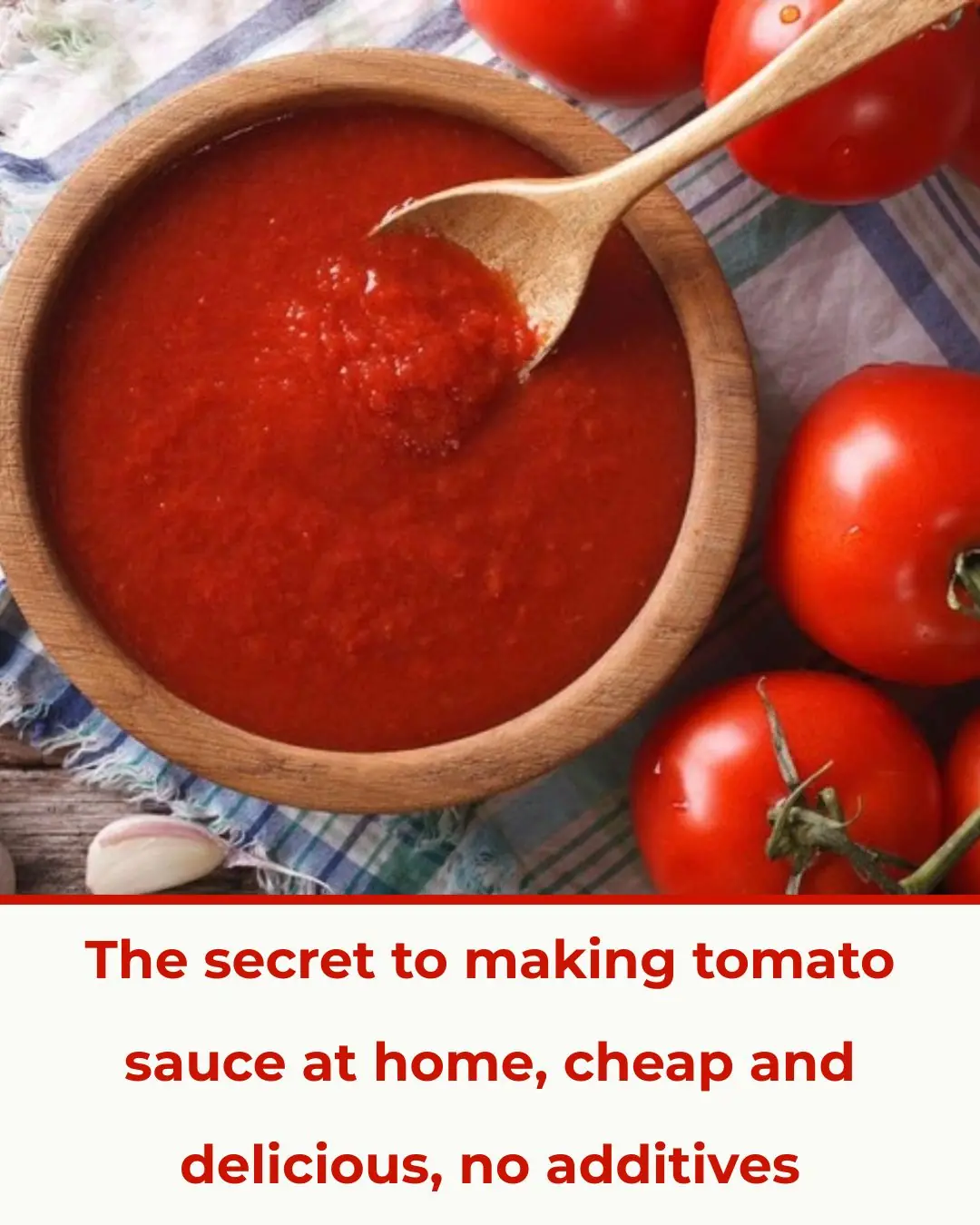
The secret to making your own tomato sauce at home

Throat Pain Leads to a Shocking Diagnosis: Man Discovers Late-Stage Stomach Cancer and Blames Two Hidden “Culprits” in His Kitchen

2 Signs of Kidney Damage: Morning Urine Showing These Signs Means You Should See a Doctor Immediately

Saw This Trick For Oven Cleaning
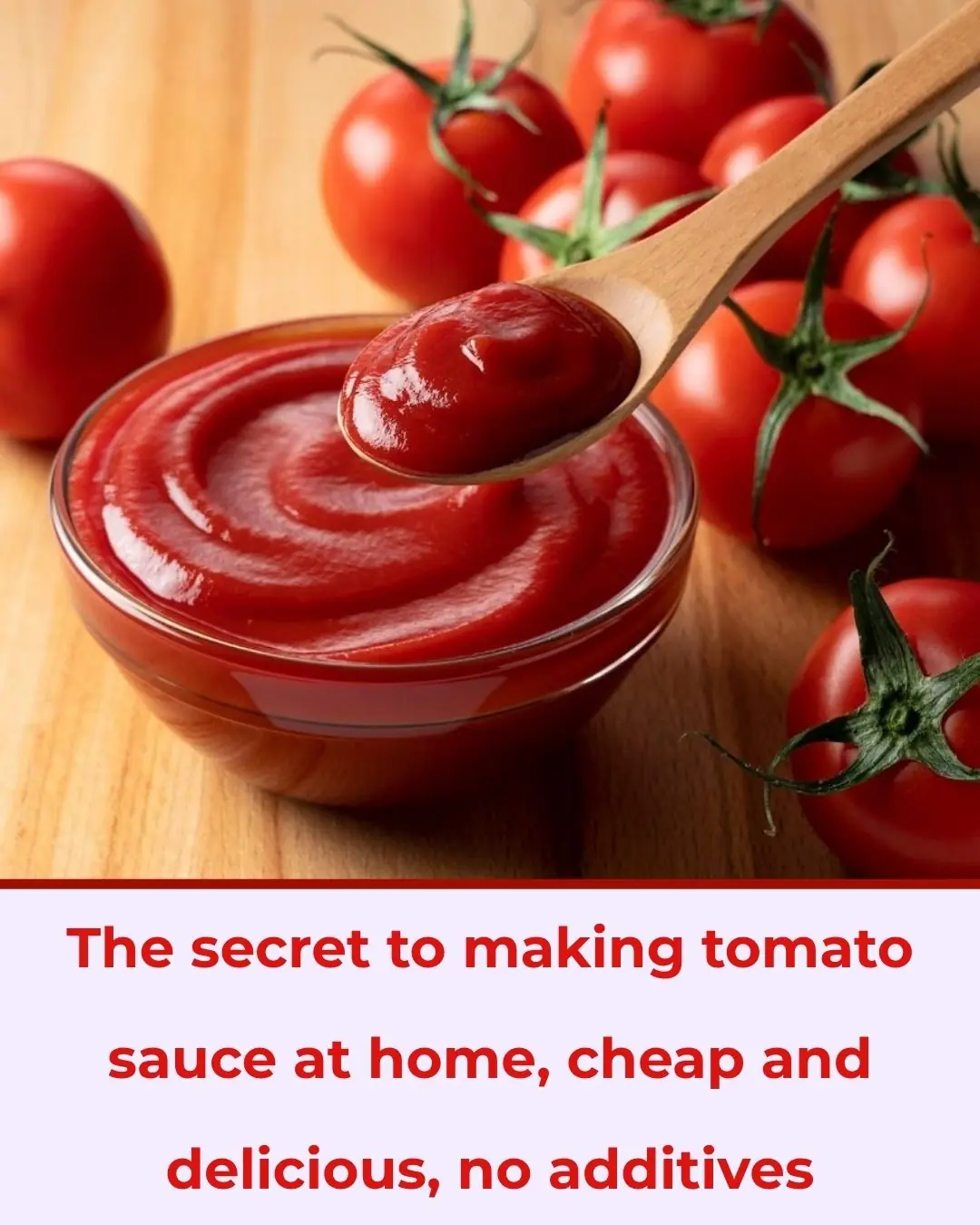
The secret to making tomato sauce at home, cheap and delicious, no additives

The garden has 4 plants. Rắn mê loves them so much, but if you want the whole family to be safe, you should pull them out immediately.
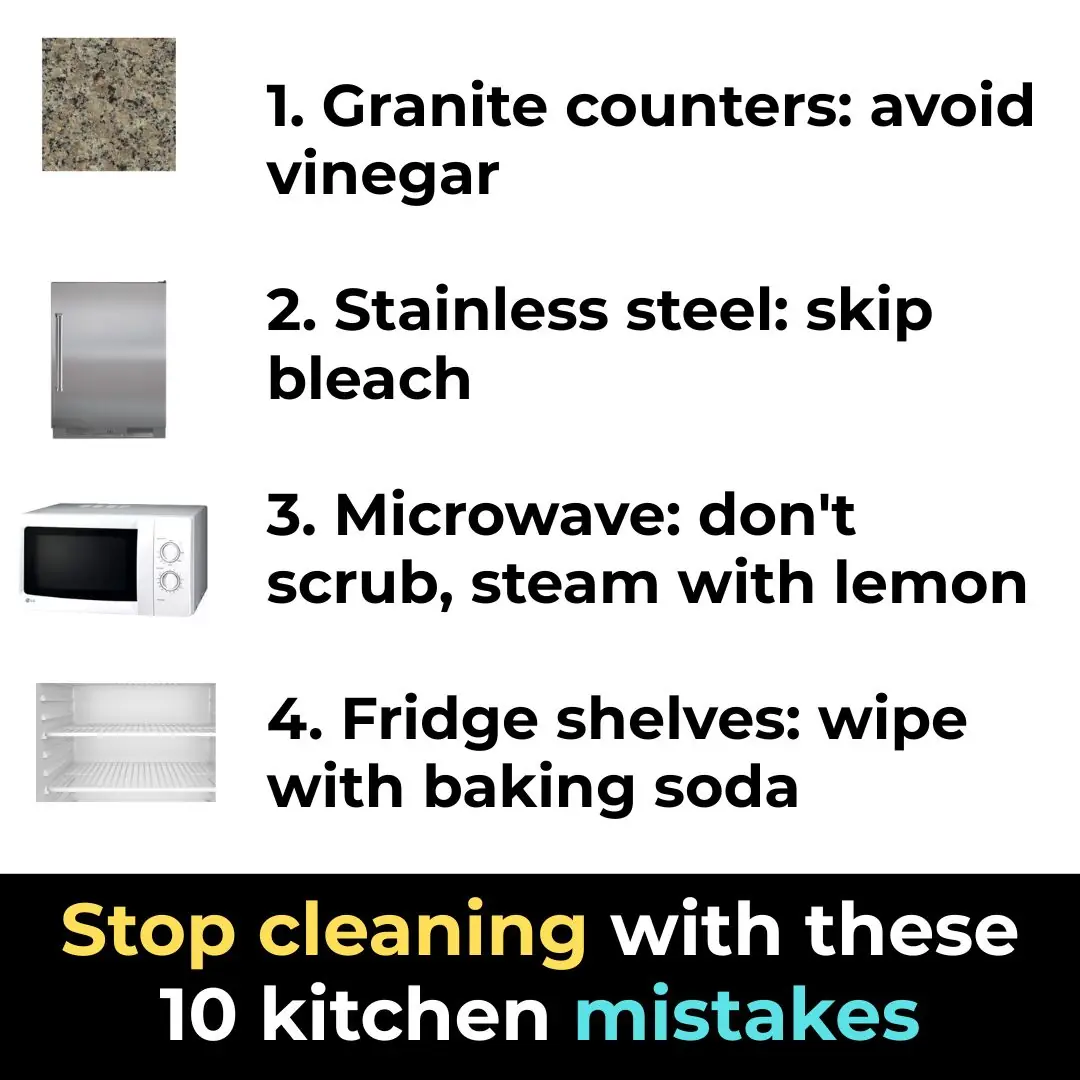
Stop cleaning with these 10 kitchen mistakes

Tips to help hair grow faster, reduce hair loss, and make it shiny by washing your hair with beer
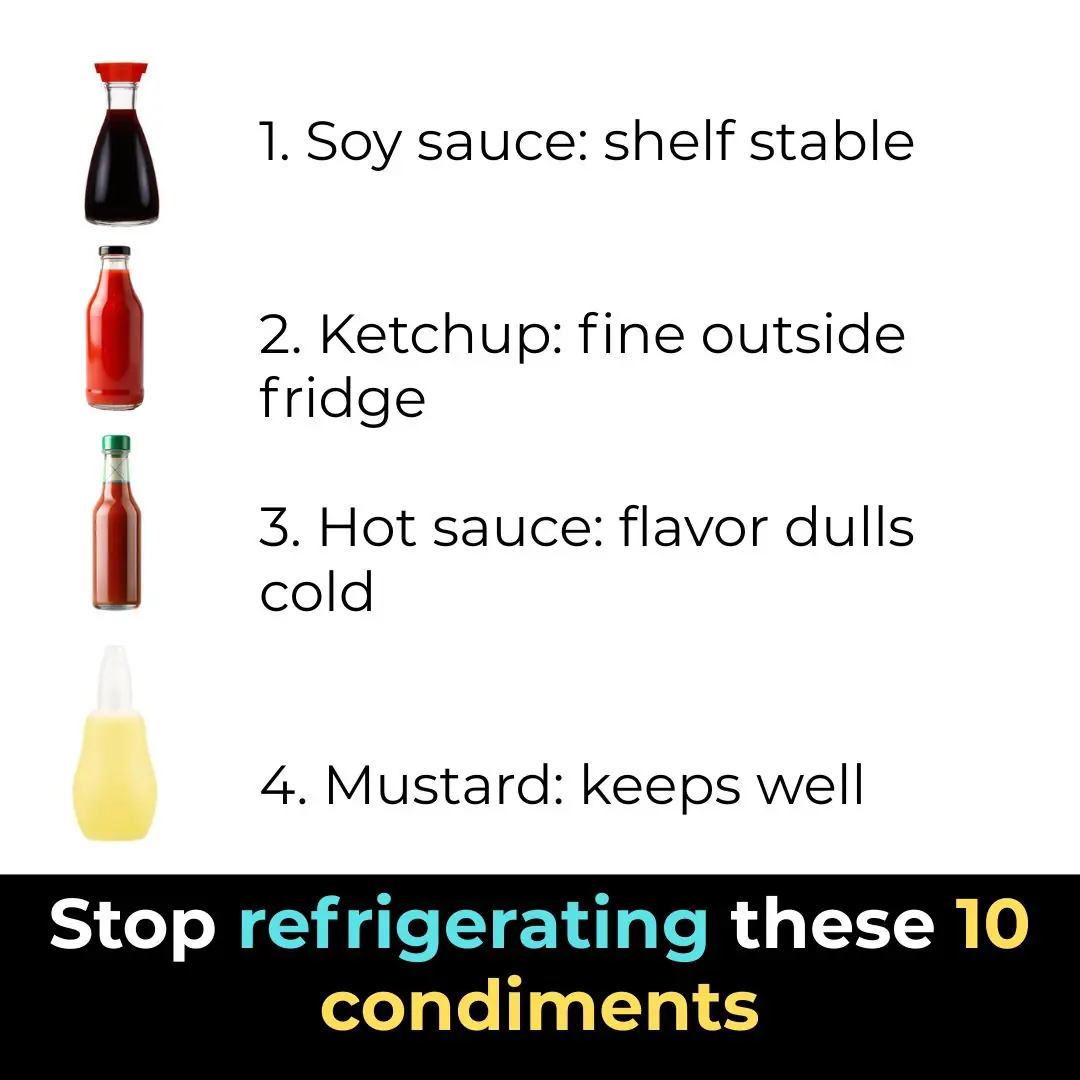
Stop refrigerating these 10 condiments

Put an empty plastic bottle in the washing machine, I admit the person who came up with this trick has a "top notch" IQ

Too many geckos in the house, here's a little trick to make them 'go away and never come back'

You’re doing it all wrong. Here’s the right way to dust furniture

Seeing that my neighbor had a jar of sour star fruit soaked in rock sugar, I asked him to find out how many uses it has

Glass windows get dirty very quickly, here are some tips to help you clean them from the inside out.
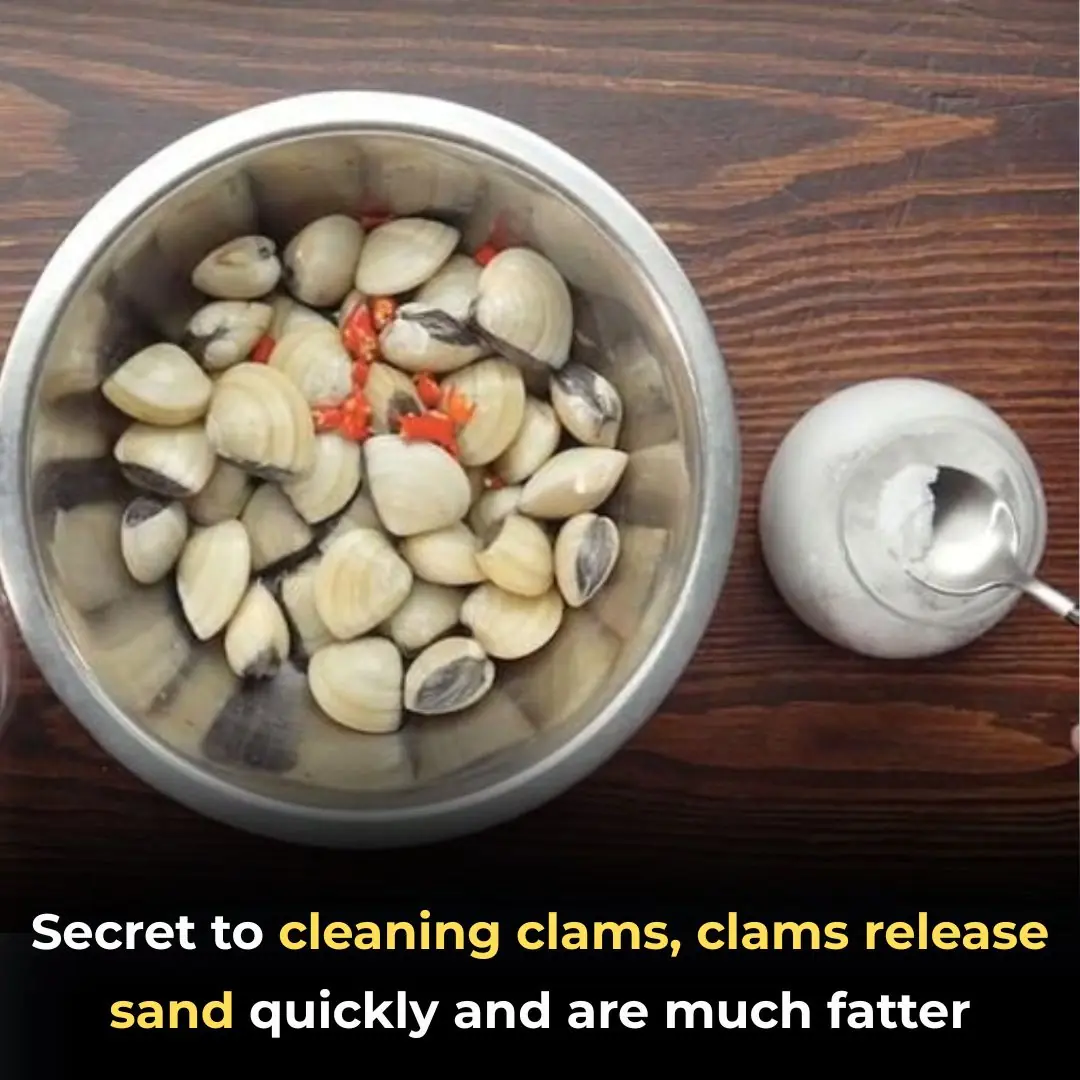
Secret to cleaning clams, clams release sand quickly and are much fatter

No need to buy washing machine cleaning tablets, put this in the washing machine to blow away dirt, bacteria and odors.
News Post

Don’t Toss Your Lemon Peels! 8 Smart Ways to Save Money and Make Life Easier

Why Sleeping in Socks Might Be the Secret to Better Sleep

The 1-cup bedtime drink that stops you from waking up at 3 AM

How to Use Guava to Care for Your Eyes: Natural Remedies That Surprise 🌿

The secret to making your own tomato sauce at home

Why Hot Dogs and Processed Meat Might Be the Most Dangerous Foods of All Time

Can you eat moldy food? Here’s what you MUST throw out.

Cancer hates these 6 fruits—eat them to fight back!

New Food Stamp Rules Start in November...
“Now this method is so clever! Wish I thought of it!”
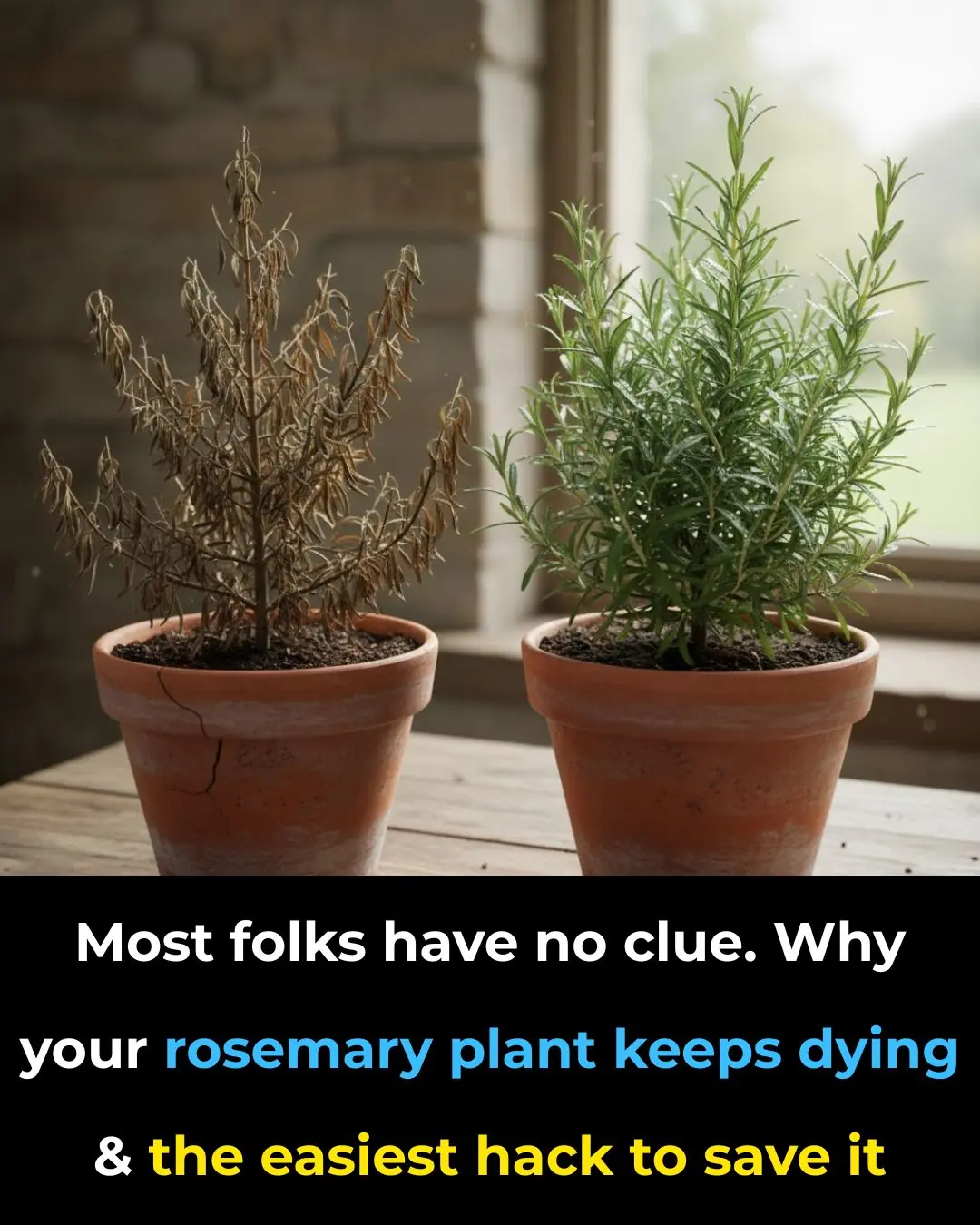
Why Your Rosemary Keeps Dying — And The Easiest Hack To Save It

What My Daughter Nearly Touched Was Incredibly Dangerous

Better Than Medicine? The Shocking Truth About Dates & Blood Sugar!
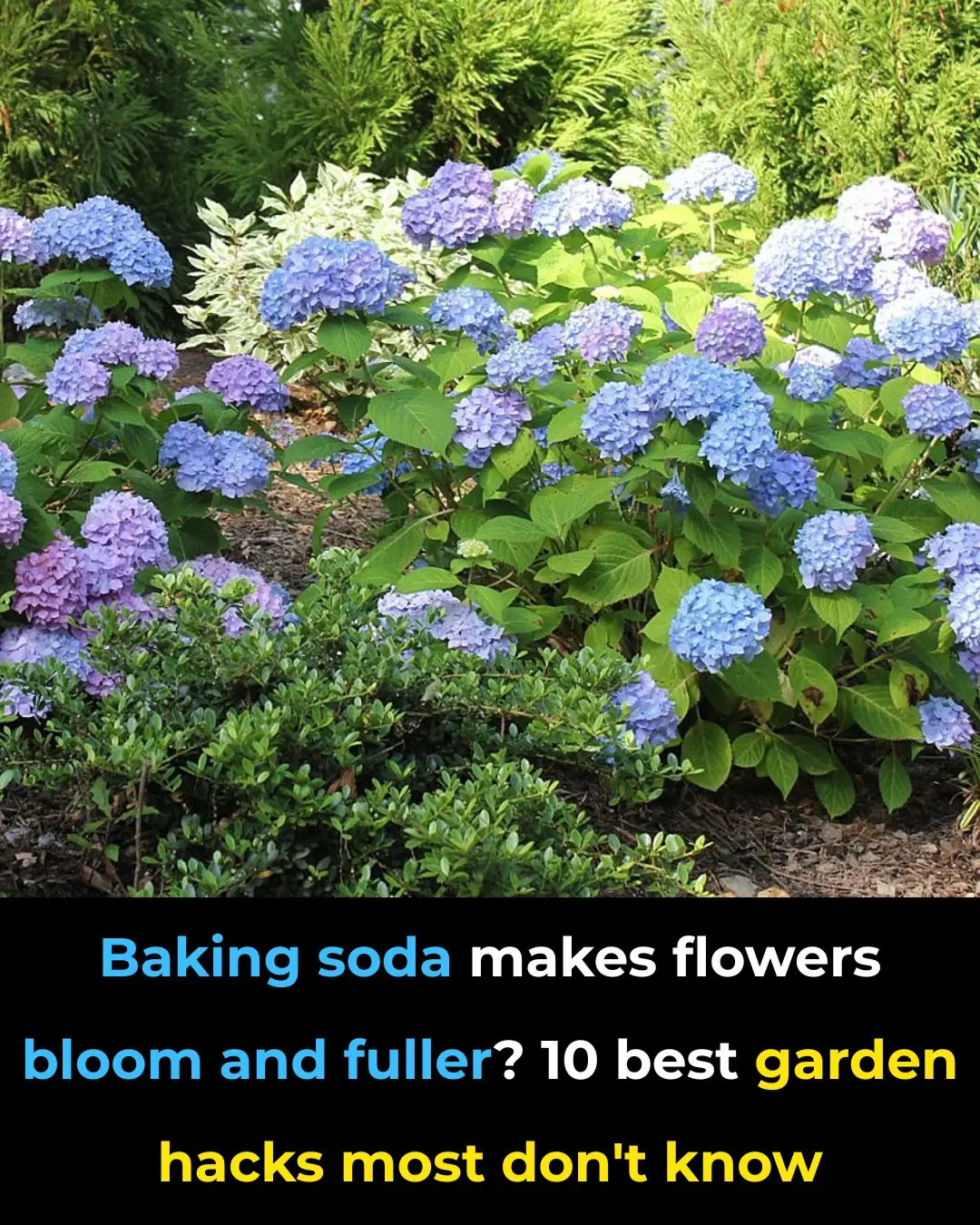
Baking Soda Makes Flowers Bloom and Fuller? 10 Best Garden Hacks Most Don’t Know

4 Reasons Why Cardiac Arrests Happen in The Bathroom

Quentin Tarantino’s foot fetish rumors are here again — thanks to Uma Thurman’s daughter

Singer Jelly Roll claims he was ‘treated like a criminal’ in Sydney Louis Vuitton store

Meghan Markle makes shocking return to acting 8 years after quitting Hollywood: report

4 Unusual Eye Symptoms That May Signal Cancer — Often Overlooked by Many
